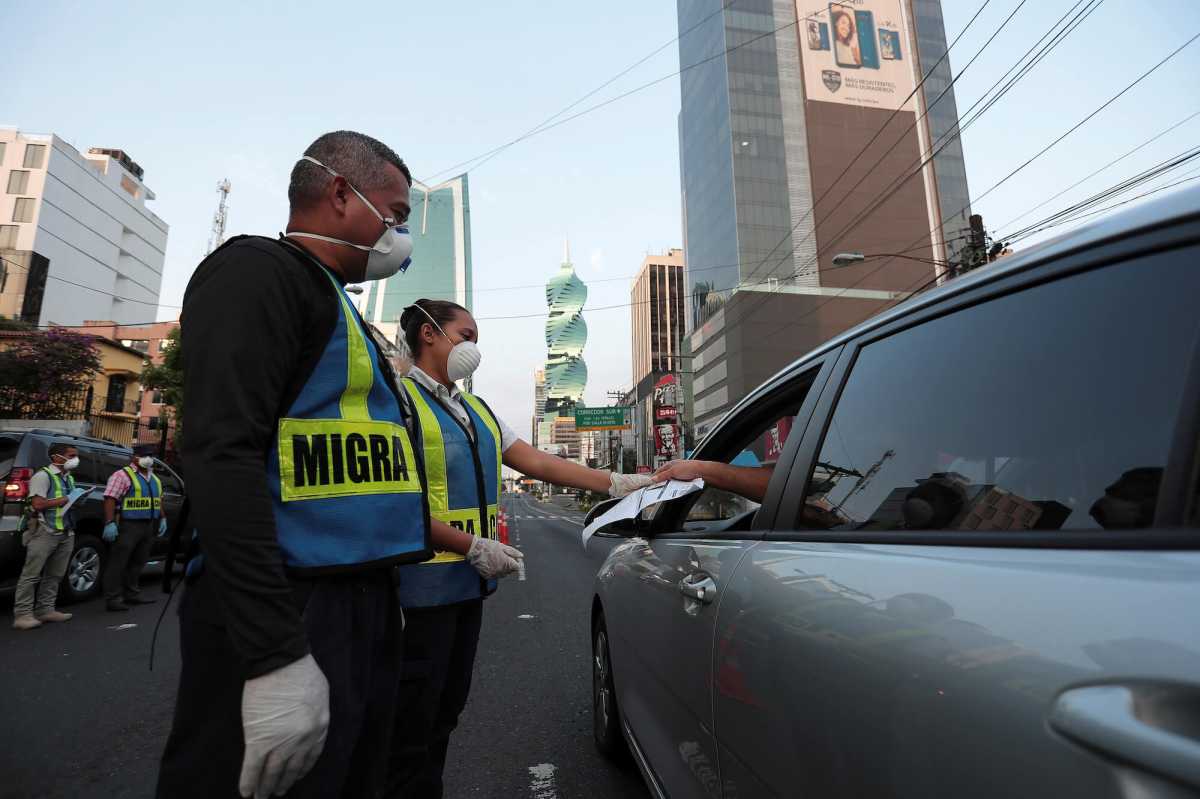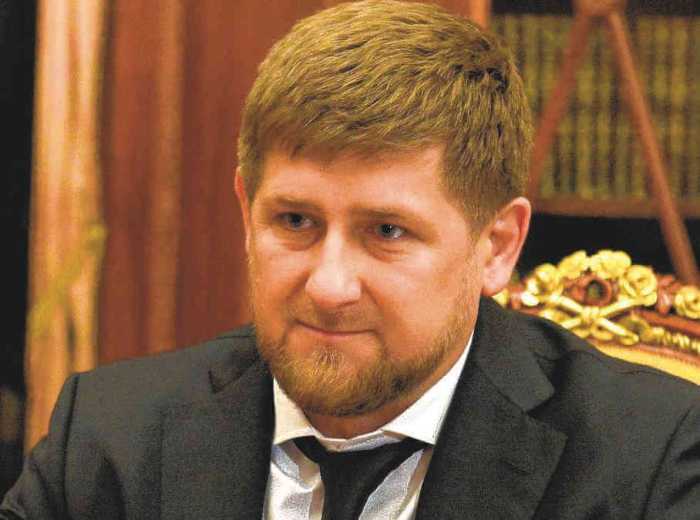Government agencies in Panama have started to acknowledge that a policy there stipulating that men and women must quarantine from COVID-19 in staggered, sex-segregated schedules has negatively impacted transgender and non-binary individuals.
Throughout the pandemic, trans folks in Panama have been confronted even when following the rules properly, according to Human Rights Watch (HRW). Some folks have faced resistance because of assumptions based on their physical appearance, while others have gotten in trouble because their identification is not aligned with their gender identity. Transgender individuals have been arrested by police officers for allegedly violating the rules.
As a result, many trans individuals have been reluctant to leave home at all, preventing them from being able to go out and access gender-affirming care or basic food necessities.
Those issues fueled waves of criticism that led the government to push back on the discrimination facing the community. In mid-July, roughly a half-dozen government agencies issued a statement responding to reports of discrimination targeting transgender individuals by denouncing the mistreatment the community has suffered.
The agencies stressed that Panama respects “the diversity of identity and expression” and urged private and public organizations to stop discriminating against transgender folks.
The letter then took things a step further, threatening to “sanction” those who discriminate against transgender folks, according to HRW.
However, the gendered quarantine policy remains in place, leading many to doubt whether things will change for the better for Panama’s trans community.
Panama is not alone in implementing such a policy. In Peru, for example, a similar initiative was underway in April before President Martín Vizcarra of Peru reversed it just eight days later. Vizcarra said the measure led to harassment of transgender folks by police officers and was ultimately deemed ineffective in reducing crowds.
To sign up for the Gay City News email newsletter, visit gaycitynews.com/newsletter.



































